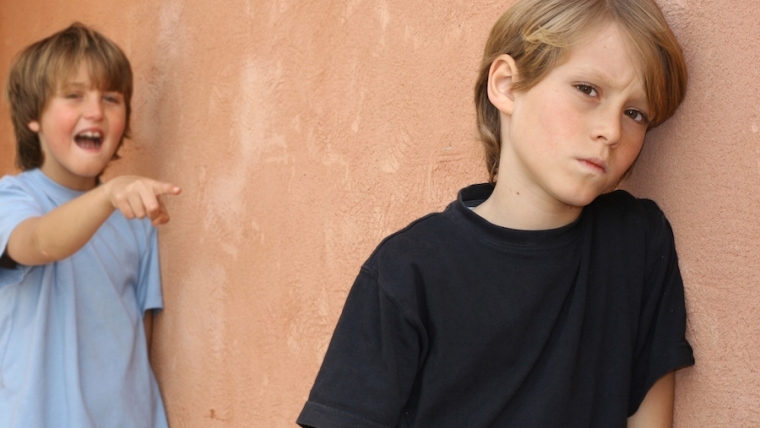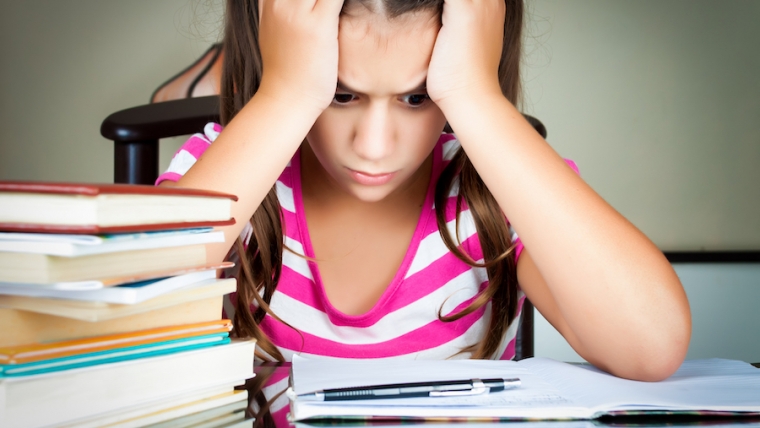Helping Children After Tragedies
Aisha Pope, LCSW
Whenever there is a major tragedy, like the events in Connecticut yesterday, we get lots of parents asking us how to talk to their children. Here are some tips we usually share:
1) Limit AND supervise screen time. During times like this many disturbing images are on our computer and television screens. Channel surfing, commercials, or internet pop up ads may expose your child to images that they can’t understand or make sense of.
2) Try to stick to your regular routines as much as possible. Routines create a sense of security and make it easier for you and them to cope.
3) Be honest about your own emotions and use this opportunity to help them learn feeling language – if you ask how they’re doing and they have a hard time expressing it, take some guesses, or do some self disclosure; this helps to normalize their feelings, and teach them the language to discuss those feelings. Also, understand that not all children will communicate feelings verbally; strong feelings may show up through themes in pretend play, aggression, withdrawal, anxiety, art work, writing, or in other ways. Notice and use these opportunities to open a dialog with your kids.
4) Brainstorm with children ways to cope with negative feelings; after they’ve given you some ideas, let them know some things you have tried. Help them come up with several options so that they feel more prepared when feelings arise.
5) Answer questions honestly, using age appropriate language. Before sharing information, it can be useful to ask what they already know, and where they’ve gotten that information. Remember to leave out graphic details that can leave your child feeling more anxious or afraid.
6) Update your family safety plans – do earthquake drills and fire drills, have your child help you update your disaster information and check supplies – this may help them to feel more secure because they know that the family has a plan. If there are others involved in your safety plan, like if the plan is to evacuate to grandma’s for example, involve those people in updating the plan. Have your child call grandma and say, just a reminder, if we have to evacuate we’ll drive to your house, so grandma can say yes, and reassure them that she is there to help as well.
7) Help children focus on what they CAN do. Disasters can leave all of us feeling scared and even helpless. Help children focus on whatever efforts they can make to feel helpful and contribute. Ask them their ideas for how your family could help the families affected. They might suggest prayers, donations, volunteer work, writing letters, or a myriad of other creative ideas. Decide as a family what you will do, and follow through.
8) Never force charity. If you are making donations to help, let your children know you’re doing that, and ask them if they have anything they would like to donate, but never force them to do so. They’ll learn about charity through your modeling, and forcing them to give up things that are important to them may leave them feeling resentful, and lessen the likelihood that they will value charity.
9) Take care of yourself. Your ability to help your child cope largely depends on how well you are coping. Practicing appropriate self care also teaches your children how important it is to take care of themselves.
10) If your child’s reaction seems more severe to you than is typical for them, or if they are having trouble sleeping, eating, or concentrating, you may need to get them additional support. Your child’s teacher or school nurse may be able to make some good recommendations for how to do this.
For more info on talking to kids about news, check out PBS’s “Guide to Discussing the News With Kids” https://www.pbs.org/parents/talkingwithkids/news/





